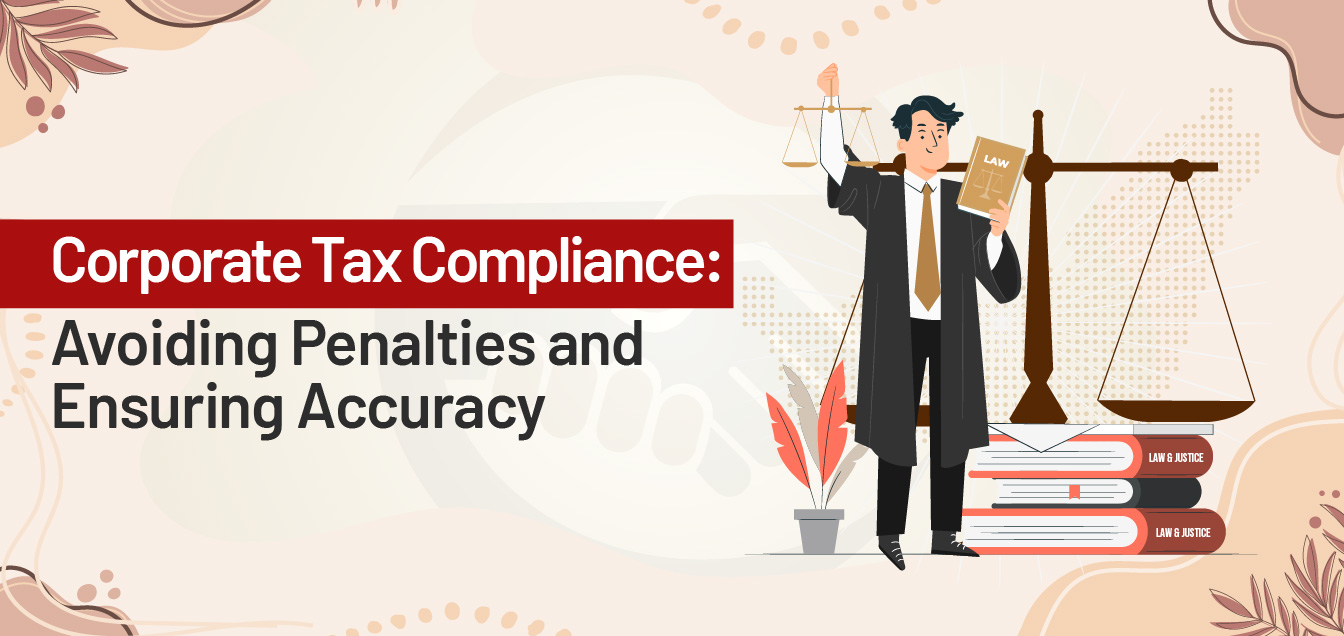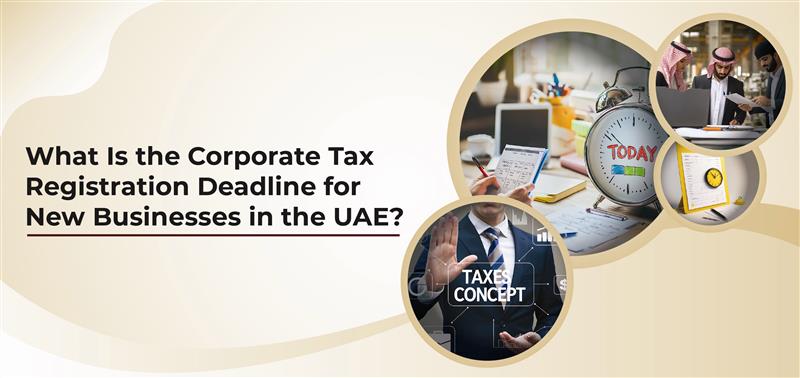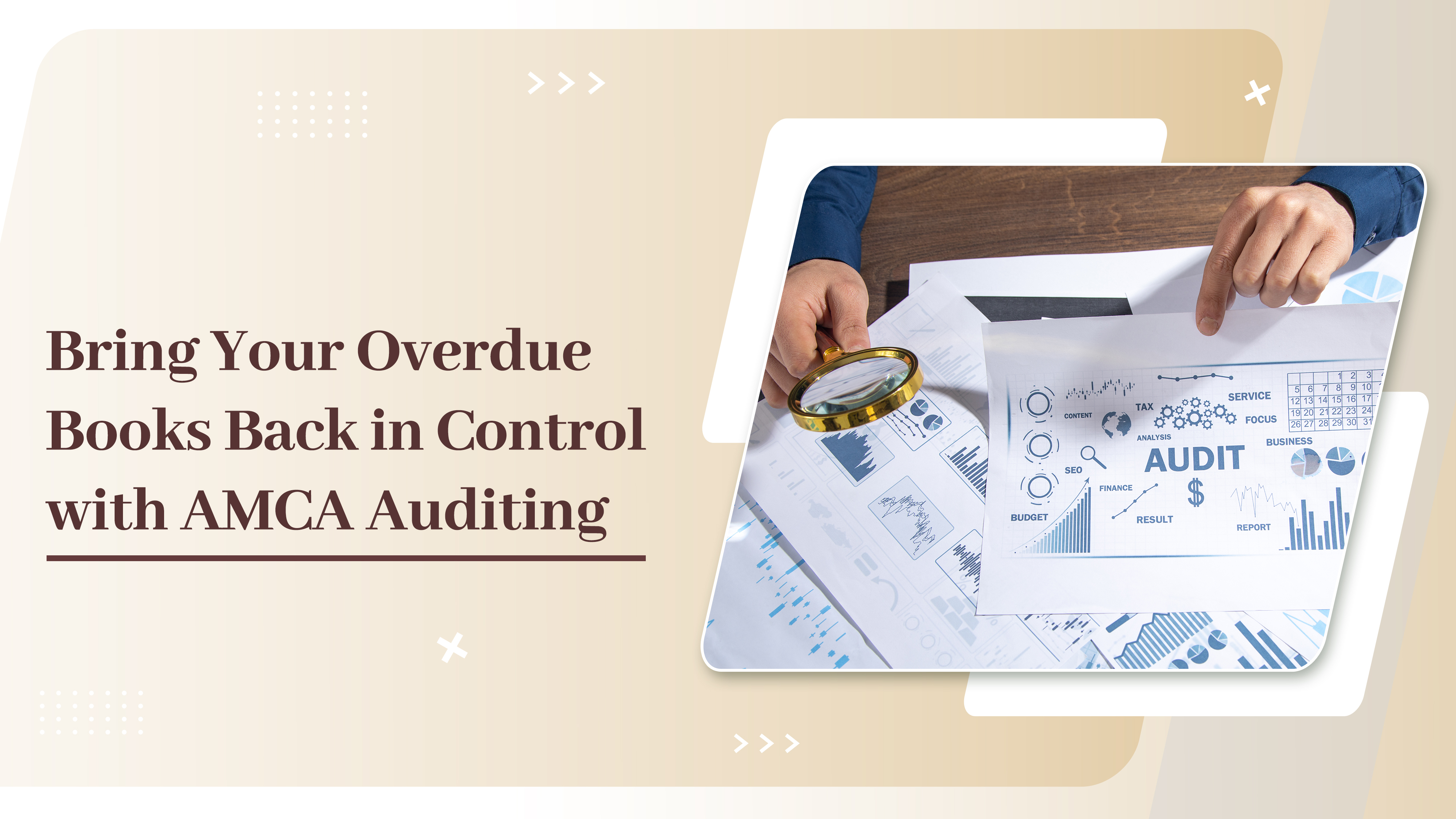
30 Sep 2024
Corporate Tax Compliance: Avoiding Penalties and Ensuring Accuracy
Corporate Tax Framework in the UAE
Corporate Tax, also referred to as ‘Corporate Income Tax’ or Business Profits Tax’, is a direct tax levied upon the taxable income of corporations and other businesses. The Federal Decree-Law No. 47 of 2022 on the Taxation of Corporations and Businesses (Corporate Tax Law) was implemented in 2022 in the United Arab Emirates (UAE). Along with companies, certain partnerships, and unincorporated entities, natural persons are also subject to Corporate Tax in the UAE. Corporate tax is to be paid annually with reference to the Tax Period, and the payment of Corporate Tax is due within nine months from the end of the applicable Tax Period. This article serves as a Dubai Tax Compliance Guide to help businesses avoid Corporate Tax penalties and maintain regulatory adherence.
Corporate Tax Penalties in the UAE
- Failure to submit the Corporate Tax registration applications within the specified timelines by the Federal Tax Authority: AED 10, 000
- Failure to retain the required records and other information as specified in the Tax Procedures Law:
One of the following penalties shall apply:
- AED 10,000 for each violation
- AED 20,000 in each case of repeated violation within 24 months from the date of the last violation.
- Failure to inform the Authority of any necessary amendment of the information about his Tax record kept by the Authority:
One of the following penalties shall apply:
- AED 1,000 for each violation.
- AED 5,000 in each case of repeated violation within 24 months from the date of the last violation.
- Failure of the Registrant to submit a Tax Return within the specified timeframe in the Corporate Tax Law:
- AED 500 for each month, or part thereof, for the first twelve months.
- From the thirteenth month onwards, a penalty of AED 1,000 per month, or part thereof, will apply. This penalty will be imposed from the day following the deadline for submitting the Tax Return and on the same date monthly after that.
Tax Penalty Avoidance UAE & Corporate Tax Accuracy Tips
Understanding the Corporate Tax Law:
The Federal Decree-Law No.47 of 2022 on the Taxation of Corporations and Businesses and any subsequent regulations provides a comprehensive framework for Corporate Tax in the UAE. This includes tax obligations, deadlines, allowable deductions, and exceptions. It is necessary to understand the intricacy of regulations and also stay informed of any amendments and updates by the Federal Tax Authority. Consult an experienced tax advisor like AMCA for an effective understanding of Corporate Tax rules Dubai.
Compliance with IFRS or IFRS for SMEs:
Taxable persons in the UAE are required to prepare their financial statements in accordance with IFRS (International Financial Reporting Standards). However, IFRS for SMEs (International Financial Reporting Standard for small and medium sized enterprises) must be used for preparing financial statements if the taxable persons earn revenue that does not exceed AED 50,000,000.
Maintain Audited Financial Statements:
In accordance with the Corporate Tax Law UAE, a taxable person deriving revenue that exceeds AED 50,000,000 during the relevant tax period and a Qualifying Free Zone Person are required to maintain audited financial statements, and hence, businesses must comply with this requirement.
Ensure Timely Corporate Tax Registration:
Timely Corporate Tax registration is crucial for compliance. FTA Decision No. 3 of 2024 specifies the timeline for registration of taxable persons for Corporate Tax purposes applicable to Resident or Non-resident Natural and Juridical Persons. To avoid the risk of non-compliance and potential administrative penalties, it’s essential for businesses to comply with these deadlines for Corporate Tax registration.
Consider Exemptions and Incentives
The UAE Federal Tax Authority specifies several tax exemptions and incentives that must be considered and reviewed to identify how they apply to your business for ensuring tax accuracy Dubai.
Businesses engaged in the extraction of natural resources, dividends and capital gains earned from a business’s qualifying shareholdings and qualifying intra-group transactions and reorganisations are exempted from Corporate Tax. Additionally, tax credits and incentives are also available for Corporate Tax, which includes foreign tax credits, small business relief, transfers within a qualifying group, and business restructuring relief. A 0% corporate tax applies to the qualifying income of businesses recognised as a Qualifying Free Zone Person (QFZP).
If any of the tax exemptions and incentives apply to your business, maintain detailed records of your eligibility and compliance with exemption requirements.
Accurate Record-Keeping:
Maintaining accurate and comprehensive financial records is the key to UAE Corporate Tax compliance and avoiding Corporate Tax errors. These records not only help in accurate tax filing Dubai but are also indispensable resources during audits. Comprehensive documentation includes all invoices, receipts, bank statements, and other relevant documents.
Expertise of a Professional Tax Consultant:
Partner with a reliable and professional tax consultant like AMCA to ensure seamless Dubai business tax compliance. A professional tax consultant will elevate your Corporate Tax planning, provide tax compliance tips Dubai, and help maintain compliance with any changes or amendments in the regulations.
Regular Audits and Reviews:
Conduct regular internal audits and reviews to ensure your financial practices align with tax regulations. This helps in avoiding tax penalties Dubai and rectify issues before they become significant problems.
Avoiding Corporate Tax Errors and Submitting Voluntary Disclosures
Tax errors can lead to hefty penalties in the UAE. In order to avoid these errors, ensure accurate reporting, including all income, expenses, and deductions, and stay updated on amendments in the Corporate Tax Law to avoid mistakes. If any mistake is identified after filing, a voluntary disclosure must be submitted to the Federal Tax Authority.
Regular Internal Audits and Reviews
Regular internal audits and reviews are crucial for ensuring Corporate Tax Compliance Dubai and avoiding penalties. These audits help ensure that all tax obligations are met and financial statements are accurate. Additionally, strong internal controls must be established to monitor financial transactions.
Top Corporate Tax Consultants in Dubai: AMCA
Choosing a reputed and reliable Corporate Tax consulting firm in the UAE will steer your company in the right direction. AMCA is a prominent firm offering Corporate Tax Compliance Services Dubai. With the trusted partnership of AMCA, your business will not only ensure compliance but also strengthen financial foundations and avoid Dubai Corporate Tax Penalties.
Call us today and witness our commitment to excellence!




